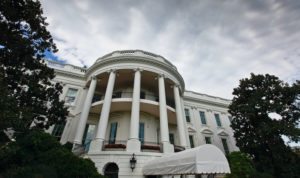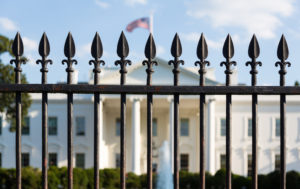Regulatory Reform from Nixon to Obama … and From Trump Onwards
The Trump Administration might alter the trajectory of the history Graham provides.
Improving How We Measure Cumulative Regulatory Impact
The continuing need for research on the cumulative impact of regulation breeds opportunities.
Threats to Administrative Competence
Civil servants report that the Trump Administration posed an existential threat to expertise in the federal bureaucracy.
Increasing Early, Transparent Consideration of Regulatory Alternatives
Agencies can do more to disclose input on regulatory alternatives during notice-and-comment processes.
Regulatory Analysis Needs to Catch Up on Distribution
Regulators should go beyond cost-benefit analysis and evaluate the distributional impacts of regulations.
Deceptive Deregulation
The Trump Administration’s claims about its deregulatory accomplishments do not withstand scrutiny.
Heuristics and Small Business Response to Regulation
Applying behavioral economics to the study of regulation could help improve attitudes among business owners.
OIRA and the Future of Cost-Benefit Analysis
The Trump Administration’s dismissiveness toward regulatory analysis reveals a need for institutional reform.
Making Sense of the Trump Administration’s Regulatory Numbers
The Administration quietly released data showing its deregulatory success has been limited.
Which of Trump’s Regulatory Reforms Are Likely to Last?
In its novel effort to bring independent agency regulations under White House oversight, the Trump Administration may have found a lasting legacy.
The Costs of Voter ID Requirements
Research shows that requiring voter IDs imposes substantial costs, especially on disadvantaged groups.
Deregulatory Realities and Illusions
President Trump’s claims that deregulation has greatly helped the economy are exaggerated.












